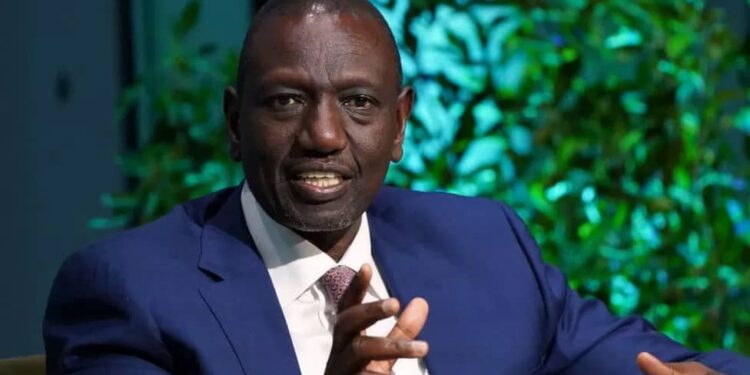By Enyichukwu Enemanna
Investment in Kenya’s mining sector has reached 187 billion shillings ($1 billion) after the government introduced key reforms aimed at repositioning it as a key means of revenue generation, President William Ruto said on Friday.
The East African country is rich in gold, and coal, as well as deposits of copper, niobium, and manganese.
The sector had however largely remained undeveloped.
The government had announced the lifting of a moratorium that had suspended mining activity, creating opportunity for revenues from mineral royalties to increase, Ruto said.
Since the removal of the moratorium, there has been an increase in applications for prospecting, mining licences and permits, Ruto added.
“Our ambition is to transform the contribution of the mining sector and raise it to at least 10% of Gross Domestic Product (GDP) by implementing a number of measures,” he said.
“The level of investment that our revamped mining sector has attracted is estimated at 187 billion shillings ($1 billion), with the potential to create 32,786 direct jobs,” said Ruto.
Previous administrations had largely focused on the service industry and agriculture sector, with mining contributing far less than 10% to the country’s GDP.
While inaugurating the Voi Gemstone Value Addition and Marketing Centre in the eastern region of the country, the President emphasized that the revival of the sector remains key to accelerating the processing of industrial minerals.
The government had imposed the moratorium in 2019 to map mineral resources, streamline the industry, and verify the legitimacy of permits and activities.
However, by prohibiting any new investments, the moratorium has frustrated investors.
Kenya’s mining laws were revised in 2016 with the introduction of the Mining Act, which was seen as an innovative law anticipated to revolutionise and grow the mining industry.
However, the moratorium took effect shortly thereafter.
The government will also support the expansion of artisanal mining, which Ruto said had been criminalized in the past but will be a game changer for creating jobs.

































